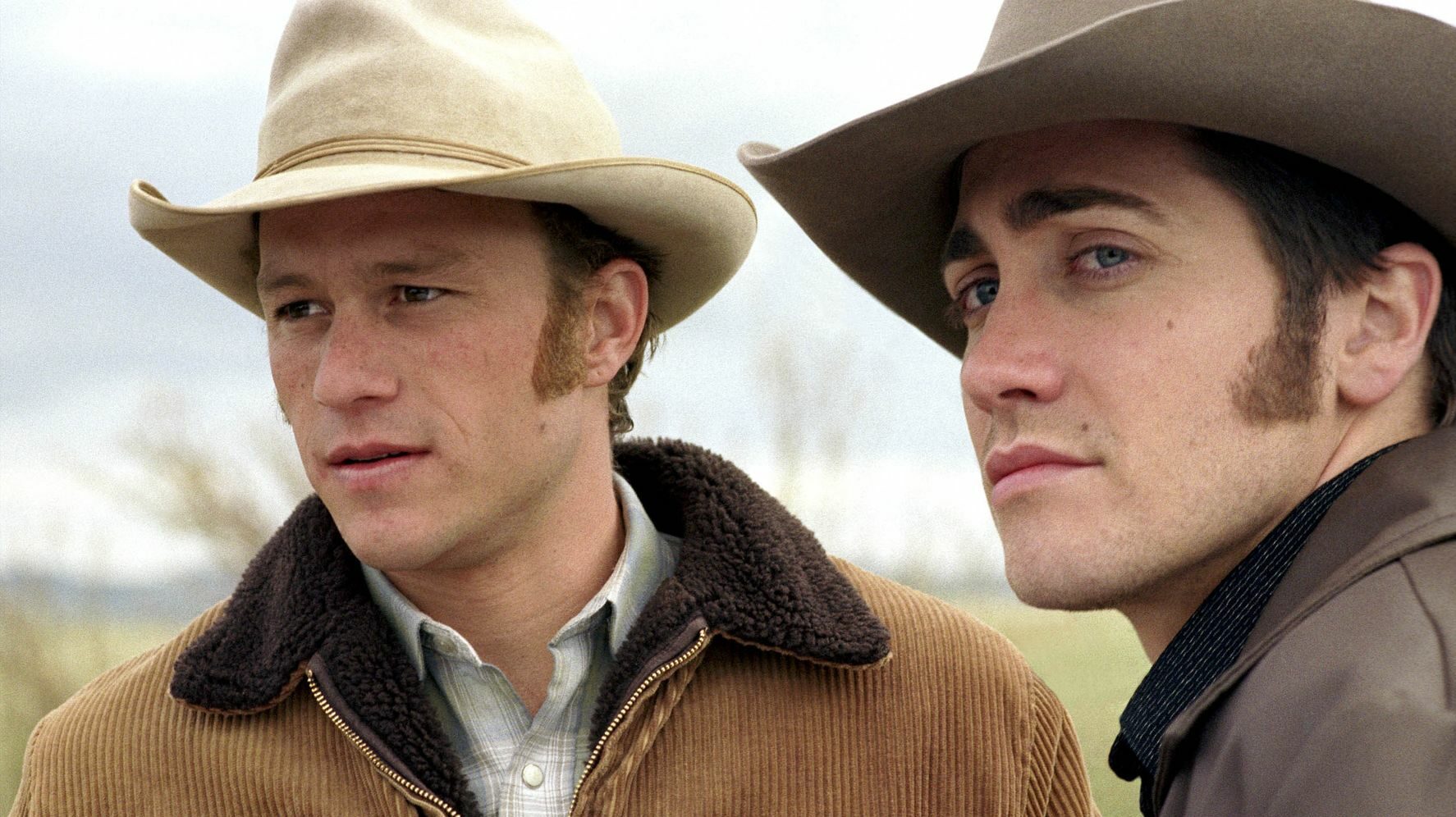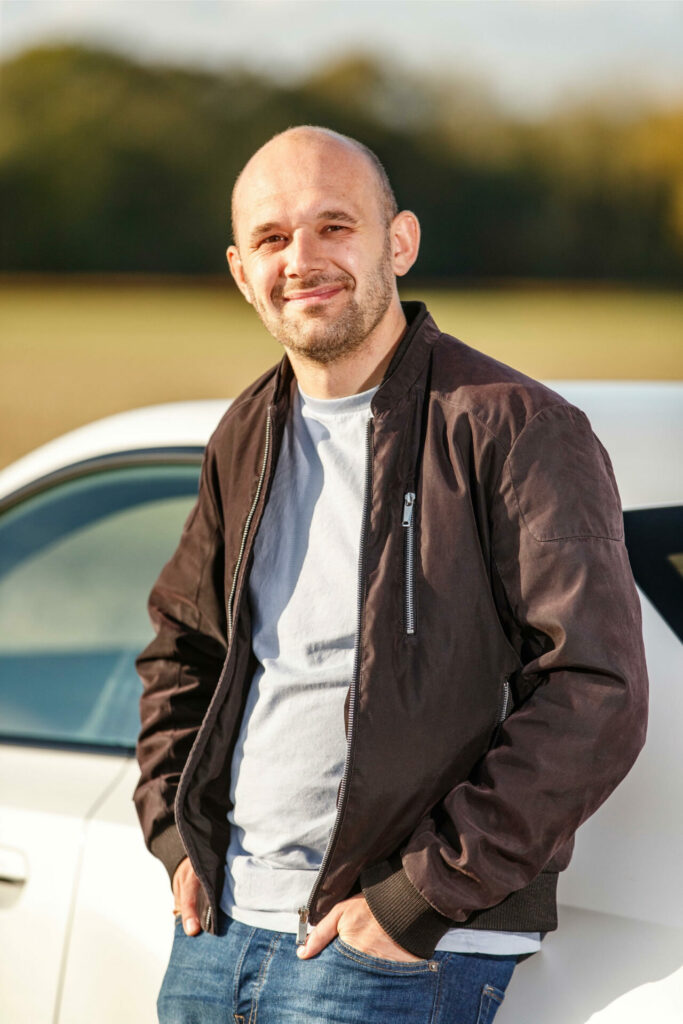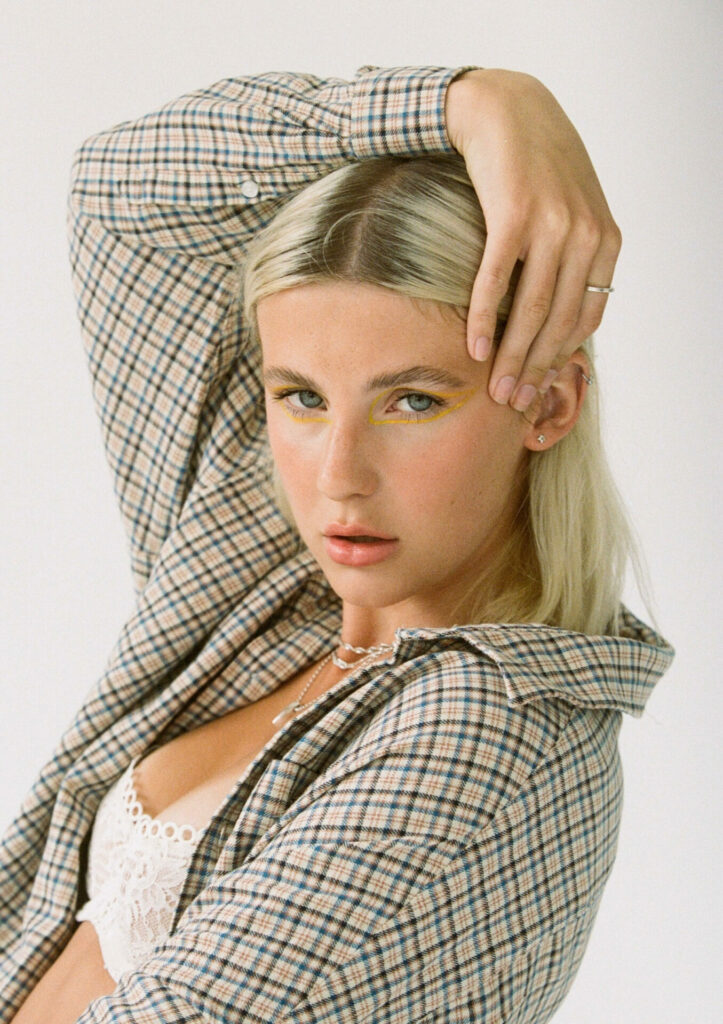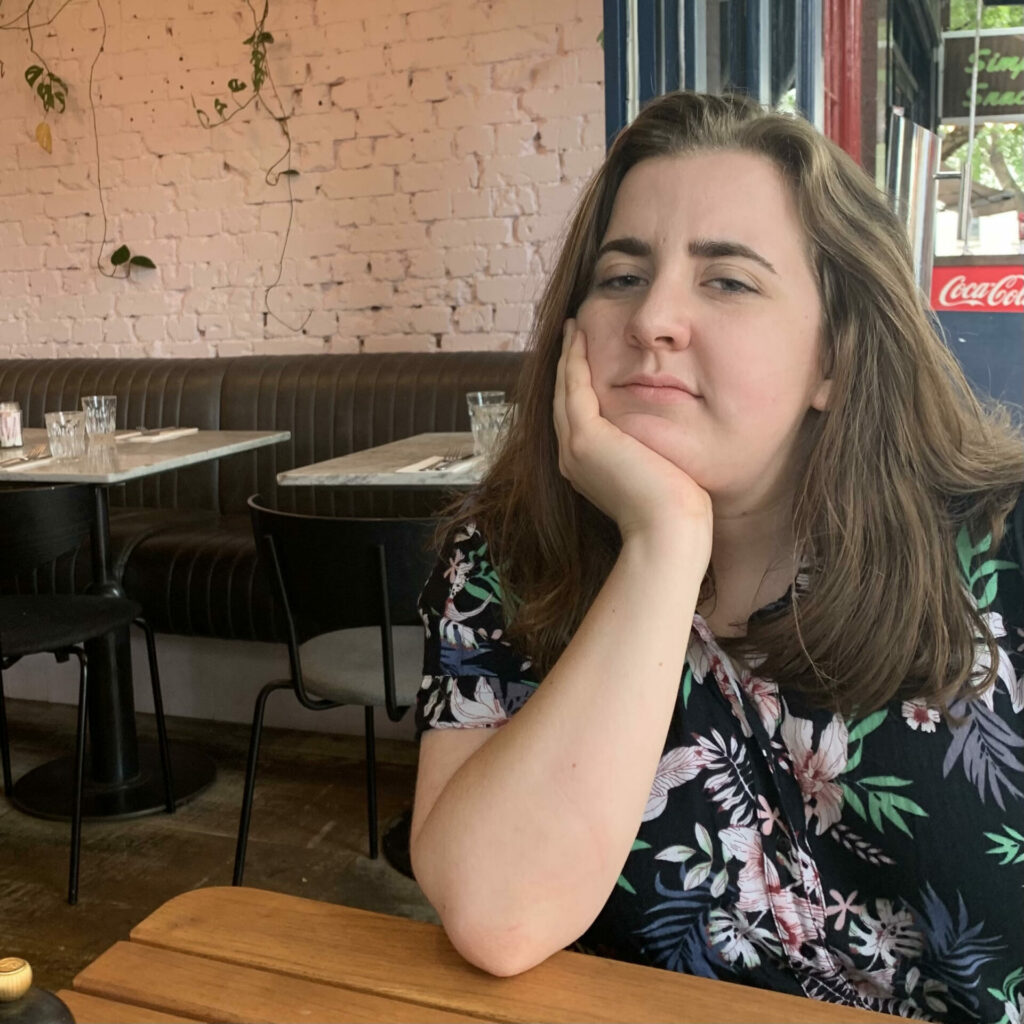‘Should cis-het actors play LGBTQ+ roles?’ remains a complicated question this awards season
Four voices from the LGBTQ+ community offer their take on the much-debated topic.

Stephen Dobie (he/him), journalist

Queer actors ought to be on every shortlist when a queer role is being cast. Whether they should be the default choice is a tougher topic, as it makes it plausible to argue that straight actors should play straight roles. That approach would have denied some of our best LGBTQ+ performers those vital first steps on their career ladder.
I think it’s more pressing that LGBTQ+ films, TV shows or plotlines include someone with appropriate lived experience in a writing or directorial role. The diverse writing credits on Sex Education — including queer heroes like Rosie Jones and Mawaan Rizwan — prove how much extra sparkle and (crucially) truth this can bring. And would the wholesome narrative of Bros have been the same with a straight team projecting onto us how they think our dating lives look, rather than Billy Eichner orchestrating it all?
A brilliantly cast LGBTQ+ artist can bring iconic power to their role — it’s impossible to imagine It’s a Sin without Olly Alexander. If a show (and its lead character) can catalyse powerful change for our community, it’s so much more compelling if the actor at the centre of it all is fighting for the same cause.
Miya Ocego (she/her), actress

Casting straight, cisgender actors in LGBTQ+ roles is tricky territory. By the very nature of their background, cishet actors may fail to appreciate the life experiences of LGBTQ+ actors, making it far more difficult for them to convey these. I’m not saying that cis actors don’t have the ability to play these parts; I’m saying that they aren’t necessarily able to provide the authenticity that these roles require.
The LGBTQ+ community has always been under-represented in the media and therefore I feel it is vital that we allow them the space to flourish as often as we can, in roles designed specifically for them. There is already a wide scope of opportunities for straight cis actors, but the same can’t be said about LGBTQ+ artists, unfortunately.
The queer community can provide an abundance of talent to fill these roles. We’re starting to see a great range of diversity on our screens with authentic casting, and I’m hoping that this continues. This is vitally important if we want to provide the younger generation with a sense of validation and to show a character on screen that someone can relate to.
Emily Maskell (she/her), journalist

This is a complex topic that introduces the problematic notion that LGBTQ actors must be publicly out to step into a queer role, as well as the danger of pigeonholing actors.
However, on the whole, there seem to be more authentic results from LGBTQ actors taking on LGBTQ roles. Borrowing from the self and drawing on lived experience, the natural connection emerging between an actor and their role conjures a distinct realness that translates on screen. Take Adèle Haenel in Portrait of a Lady on Fire or David Dawson in My Policeman, for example. These gay actors imbue their characters with layered, lived-in subtleties providing the texture of queerness that has proven hard to organically fabricate.
Although I am not convinced there should be any hard line preventing non-LGBTQ actors from taking on queer roles, I think the casting process should be open to filling queer roles with queer actors who, in turn, inhabit these tales wholeheartedly. With LGBTQ actors not afforded the same opportunities as their straight counterparts, until diverse representation is the norm, prioritising queer storytellers at the forefront of LGBTQ stories is ultimately beneficial.
Joseph Poulton (he/him), actor

Theatre is a magic place where the audience suspend belief and actors transform themselves into something else. However theatre is based on one thing only — truth, and that is what helps the audience relate and identify with the characters. This debate is not black and white in my opinion. Actors who identify as LGBTQ have more of an understanding when performing these roles. This is because they have lived similar experiences as some stories that may be told. However, as I said, theatre is based on truth and suspended belief and any cishet actor who sees something they relate to in an LGBTQ character could be given a chance to explore the role if they are able to honour and perform the part with integrity.
Actors who want to fill those shoes must educate themselves and be aware of the long history and legacy of a diverse community of people who have been marginalised. In short, I believe to a certain extent, cishet actors can be given a chance to play queer parts, but what better way to celebrate diversity than if the person playing the LGBTQ role has lived and breathed the character.
